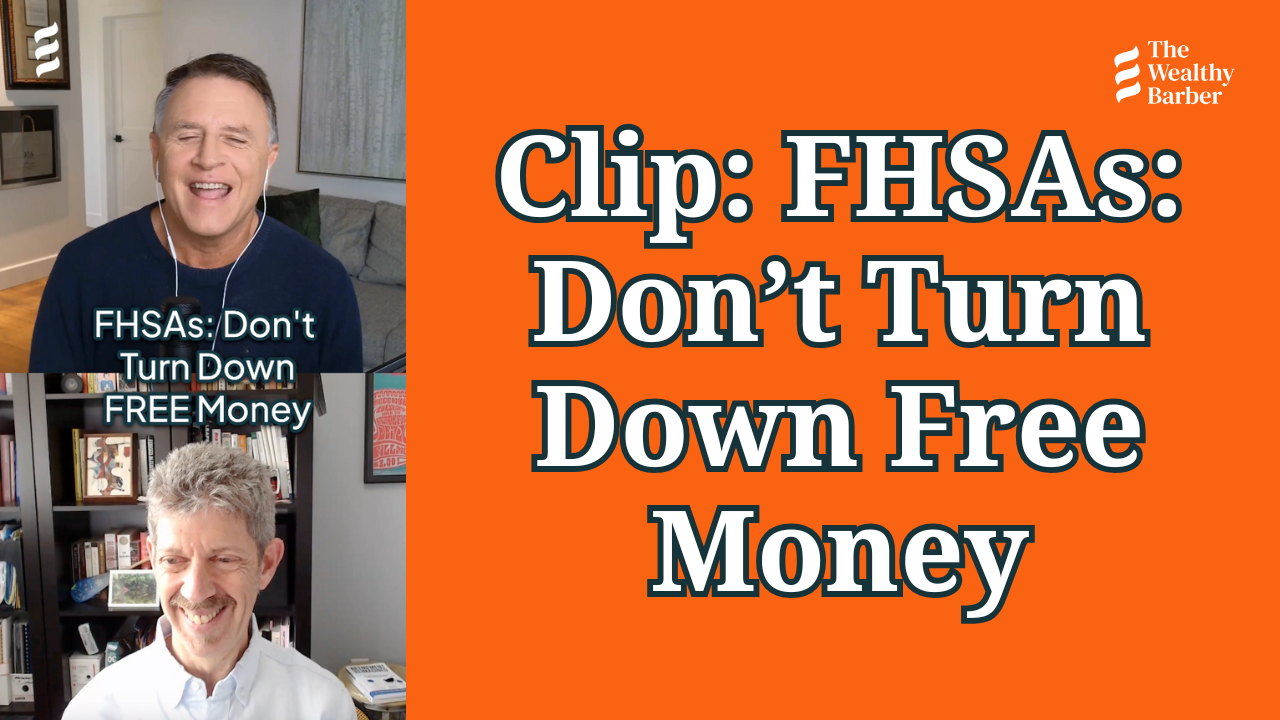A Key FHSA Timing Consideration
You absolutely must take advantage of FHSAs (First Home Savings Account) if you’re eligible and want to buy a home, but WHEN you claim the tax deduction is nuanced.
💈💈💈
As you know, I love FHSA’s. LOVE. If you’re eligible, you can get a tax deduction, the tax year you contribute, and then pull the money out tax free when you buy a home. Woohoo! Free money through the tax rebate. As I’ve said, it’s like an RRSP, marries a TFSA and they give birth to the perfect child, one who is dedicated to helping people buy a home.
Ah, but there are limits to this child’s power. Because you can only feed it so much. $8,000 a year max. $40,000 lifetime max. Remember, there’s no lifetime maxes with RRSPs and TFSAs. And that wrinkle means you may want to be a bit strategic here. For example, you’re 22, you’re in your last year of post-secondary school and working at a co-op placement with only eight months of work/earnings. You’ll have a relatively low income, and thus, a relatively low marginal tax rate. So, if you contribute, let’s say, $5,000, the money back on the tax saving with that deduction may be about $1,000 if I assume you’re in a 20ish% marginal tax bracket to make the math easy on my old mind. But you’ve used up 5 of your 40 lifetime max. Now, let’s say we’re confident your income in future years is going to go up quite a bit?
It’ll be much better. Perhaps you’re quickly headed to about a 30% marginal tax rate. Now the $5,000 deduction gets you $1,500 back instead of $1,000. Worth considering. Perhaps you put the $5,000 in now, but delay taking the tax deduction until your income has risen. Yes, that’s allowed with FHSAs—contribute one year, deduct later. Now, let’s be real here. With high rent costs—heck, high everything costs—most people can’t save much when they first enter the workforce, and, therefore, for many this could be a moot point. I see that. Also, lots of people’s income doesn’t change dramatically over their early career years. Some teachers, for example, and a few others are fortunate to start out in a very high tax rate right away. A hotshot programmer, for instance. For those two groups, waiting may not make much difference at all. Get on top of this.
Feel Confident About Your Finances
Sign up for our Weekly Round-Up of new videos and podcasts released over the past seven days. We won’t spam you or try to sell you a course—promise!



